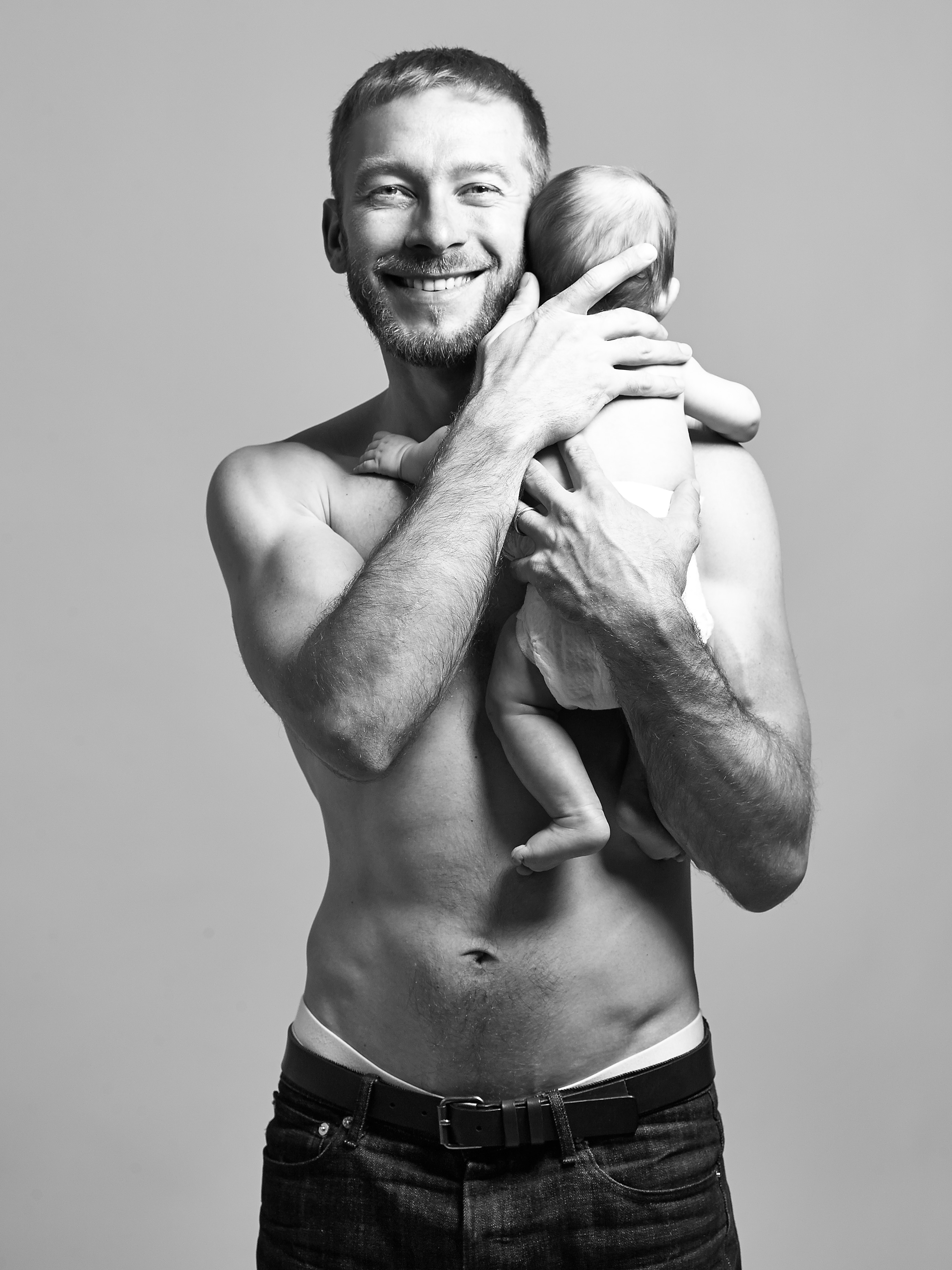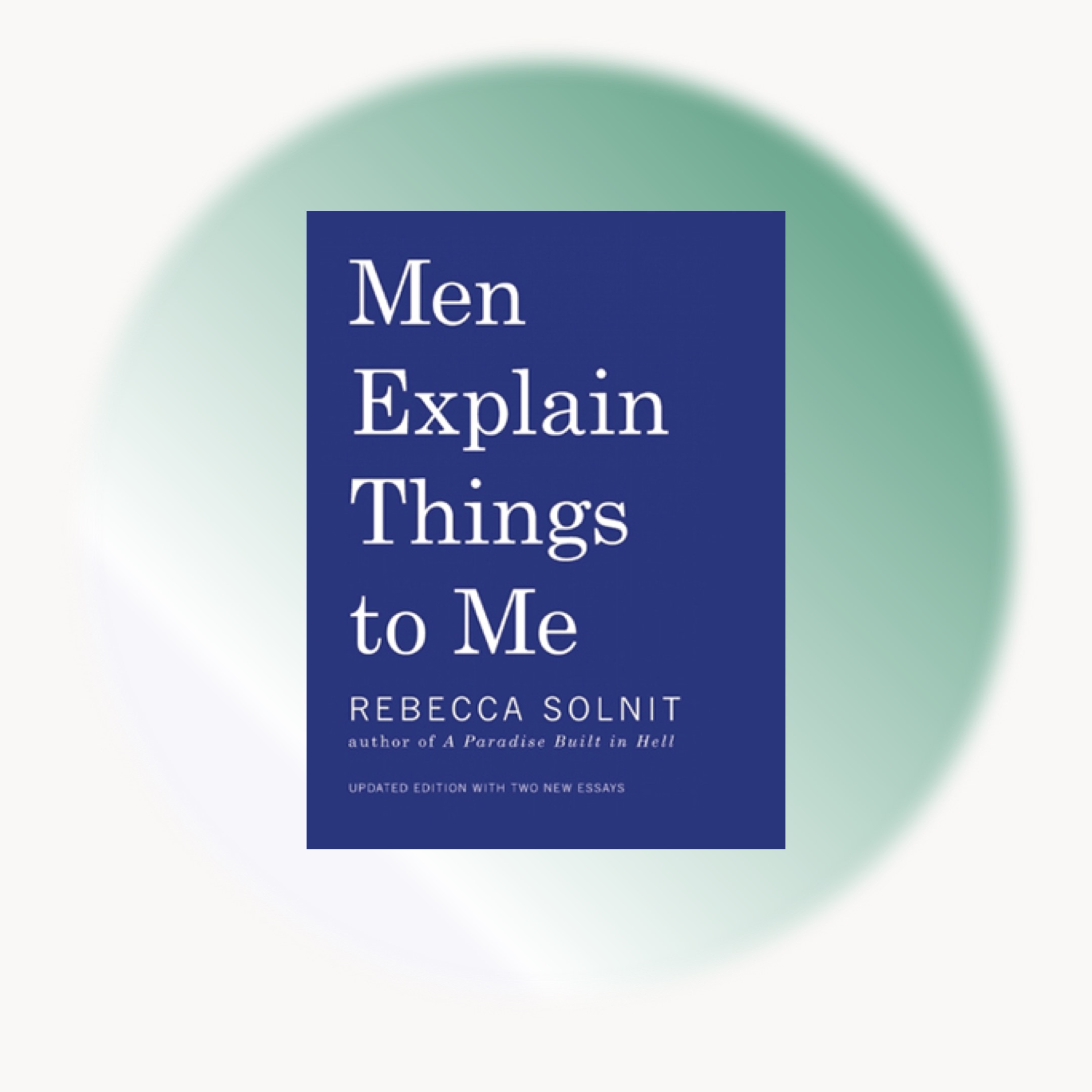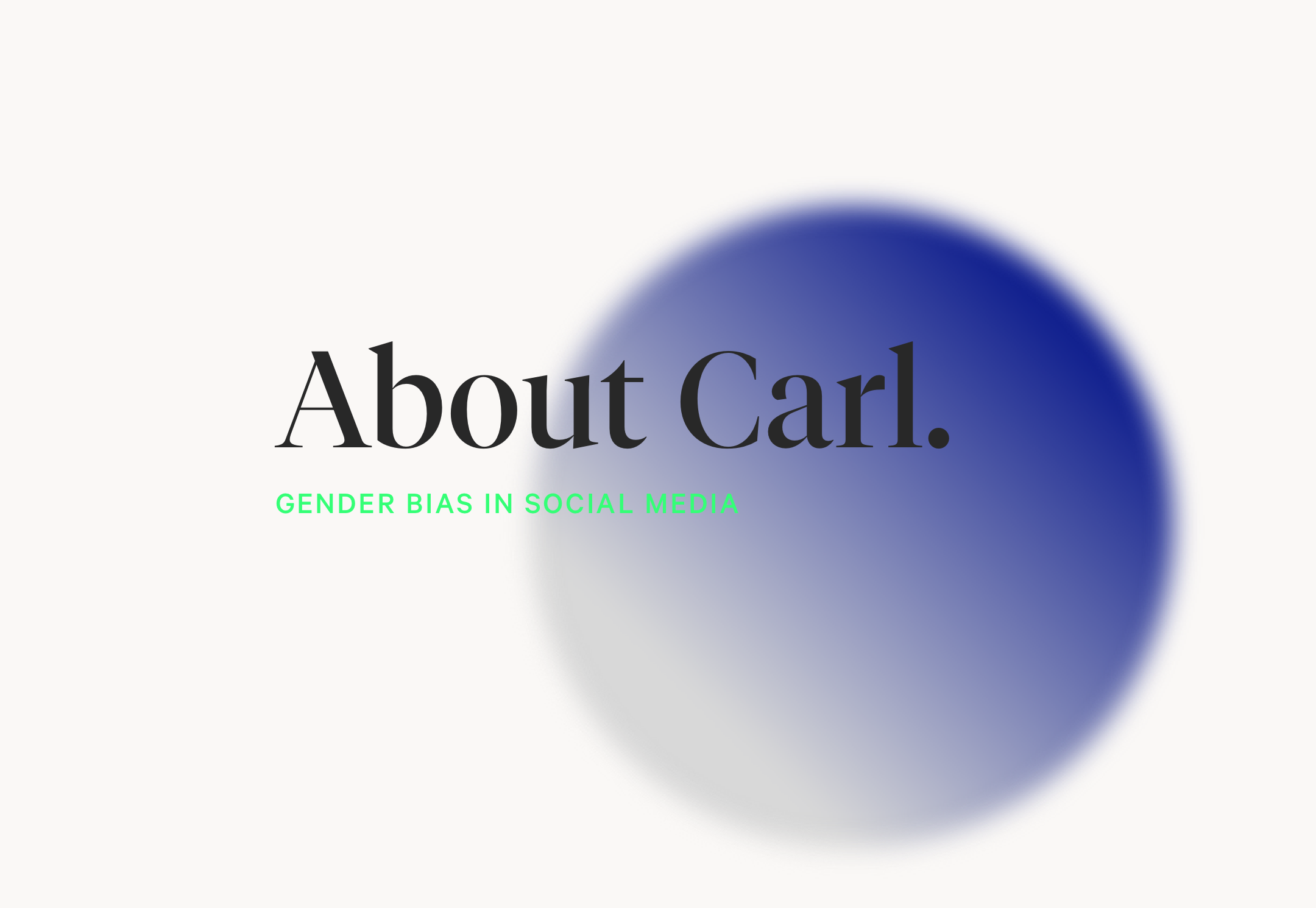The Why
To understand what gender bias really means, I changed my Instagram profile from Carola to Carl for a week. We all have certain presumptions, some more, some less, mostly unconscious prejudices and sets of understandings of roles that start very early in our childhood. We start thinking of a child differently whether it’s a girl or a boy. People would start talking to them differently, based on their own thoughts and experiences. And I don’t think that anyone of us is truly free of these perceptions. I wanted to experience, if I could recognise effects of this bias in a very fast‑paced environment like social media and especially since the world of photography is still an undoubtedly male/patriarchic one.
Gender Bias
If you want to test your own bias in regard of gender, but also race, etc., there is a great tool provided by Project Implicit, an international research platform and non‑profit organisation committed to advancing scientific knowledge about stereotypes, prejudice, and other group‑based biases.
In their words:
„Implicit bias is an automatic reaction someone has toward other people. These attitudes and stereotypes can negatively impact our understanding, actions, and decision‑making. The idea that a person can hold prejudices they don’t want or believe was quite radical when it was first introduced, and the fact that people may discriminate unintentionally continues to have implications for understanding disparities in so many aspects of society, including but not limited to health care, policing, and education, as well as organisational practices like hiring and promotion.“

Magazine features
In researching magazines that I could submit my work to I got the impression that I read far more male names than female ones and I began to wonder. I’m not even saying that real editors or curators (I write it like that as there are so many small "only Instagram" magazines that often don’t say who curate them, which eventually are more biased than someone doing this job conscientiously and as a profession.) That said I still think that no‑one is free of bias. But in order to have a basis for discussion, I also did a survey: I randomly picked 12 magazines/associations with at least 10k following, mostly much more, and checked the posts of 4 days during my experiment, from the 17th to the 20th of January (not a "clean" study, again, but still). Here are the results:
Mentioned women vs men: 25 / 83
Now the question would of course be: are women applying so much less, are there really so much less "female" photographers, or is it the biased editors that pick men over women or all of it to a certain extent? Don’t get me wrong, I have nothing against men and I even have an article in a newspaper from my time as a menswear fashion designer to proof that… it will ever mock me, because it starts with ‚Carola Plöchinger likes men.‘ Seriously.
But more often than not, women are talking about feminism among other women. And since there are a lot of guys/male photographers on Instagram, I see this as an opportunity to raise awareness for subjects that otherwise would go unnoticed.
And although I think its great that there are associations reinforcing female photographers now, I nevertheless believe that it also creates new boundaries. Suddenly there are new categories like "women photographer" or "female artist", which in my opinion can then be perceived as minor to the superior general category of photography. It's demeaning. If you are a guy reading this: how would it make you feel to be called a "male architect" or "male lawyer" etc.? – I thought so.

Carl was liked by magazines
As Carl, I got likes from 7 big magazine accounts, only one or two of which have ever liked a photo of mine before. Of course, this can be a coincidence, then again, maybe not. (only 3 screenshots shown because the others have names that would make them identifiable). I also got a collaboration offer, which has never happened to me as Carola.


Heidi vs Howard
In this context I stumbled on the Heidi Rozen case study during my research, which was done by Harvard Business school and goes like this: for the experiment the professor split his students in two groups. Both the groups were given an identical case study about real life entrepreneur Heidi Rozen. The study described how this person became a successful venture capitalist by using their personality and good networking skills.
The texts both of the groups were given were identical, except for the name change. One group read about an entrepreneur named Heidi and the other read about an entrepreneur named Howard. Later both the groups were asked about how they felt about the entrepreneur’s personality. The results were shocking. Although Heidi and Howard were both judged as equally competent, Howard was considered as a more likeable colleague than Heidi. She was considered as selfish and not the type of person you would want to hire or work for.
"Basically, Success and Likability are positively correlated for men and negatively correlated for women. When a man is successful, he is liked by both men and women. When a woman is successful, people of both genders like her less." Sheryl Sandberg in ‚Lean In‘

Perception questions
We (women) always have to think about our roles or let’s call it digital personas in that context so much more than men and how they will be perceived. For example, "great chefs" are predominantly white males, women are mostly "home‑cooks". In 2017, the number of females on the 50 best list was exactly 0% (a more extensive list including a link to "The Dudes of Food" in Times Magazine here: Female Representation in Food
I really like cooking, but due to the roles that are publicly shown, I think about it when I decide to put up a photo of a freshly baked sourdough bread, I know that when I would be a dude with a beard, everybody would be starting to talk shop about the best water temperatures for fermentation, but as a woman I still risk being taken less serious (style housewife). Please be honest to yourself and don’t tell me it’s all equal. It’s not.
If you want to have proof in numbers, I highly recommend Joni Seagers "The Women's Atlas".

New dads
Speaking about strict gender roles I want to add a few lines (and too few to cover the topic properly) to new perceptions of fatherhood. It has very different angles to it: on one hand I’ve seen much more fathers embracing fatherhood in the last years, going on parental leave, getting more involved in parenting and last but not least seeing it as something that doesn’t hurt their professional image, not anymore accepting a narrow definition of masculinity. But like women, they risk financial loss and possible discrimination upon their return to work, at least in more institutional jobs.
But since we are talking about photography, I also came to wonder: I’ve seen a few photographers posting baby pictures of their newborns or their fatherhood in their professional (Instagram) profiles. I cherish it and think it’s long overdue to rethink these strict gender rules.
At the same time I was often wondering: if a woman would do that in her professional profile (and I’m talking about "normal" baby pictures like the ones I've seen in one photographers profiles, not motherhood as a photographic project), would she still be taken serious or immediately shift into a being perceived as a "mommy"? To avoid both forms of discrimination, we need to reframe thinking of parenting as a proper job.
A few years ago I wanted to start a series on the topic of new fatherhood and asked my friend Stefan, who is a great example for a cool guy embracing it. Since I’m not a mother myself, my heart wasn’t in it enough to continue, but I think we made a point:

Story feature example
This is a story feature selection of a very small magazine. I saw it by coincidence, but studied the names since I was on the topic. Guess which is the only picture out of 9 that is from a woman. Yes, it is the cake!
It would be great if guys would consider looking at story features in Instagram a little more closely from now on. Read the names. And if you really want to do something and see a gallery like this next time, maybe stand up and say something once in a while. But be prepared for the antifeminist backlash that will come your way, only then you’ll understand how much misogyny is still out there.
And to the "female" photographers: don’t do it too much, it feels like staring at a middle finger pointing your way constantly when you see yet another dick‑exclusive "curation".
It’s also interesting to check the mention part in ‚man photographer’ profiles, it’s very often filled endlessly with features, often over and over from the same magazines. Oh I like that, I suggest we start calling all those "I just bought my first analog camera and now I call myself a photographer‑dudes" ‚man photographers‘. (Sarcasm off)

Men Explain Things To Me
Since this article originally was a live experiment on Instagram, I received direct reactions from male followers. Many encouraging, but unfortunately also some condescending and patriarchal. I've documented them in the so called Guide on Instagram as well, for here I'll leave it like that.
In her essay, "Men explain things to me", Rebecca Solnit says it so much better than I could ever do, what many, many women especially in academic environments experience over and over. Highly recommended read.

Redefine!
Redefining a cultural concept means change and loss of control of the ones that have been in power so far, that is why the cultural shift towards equality comes with lots of fear and backlash. For that reason I want to close with my favourite Fassbinder quote "Fear eats soul". Fear won’t help us further, only awareness of still existing inequality and the attempt to be empathic with the other side. And that goes far beyond gender.
It is possible. But there is still a long way to go.

This article was posted as a Guide on Instragam originally, you can find it here: About Carl – Gender Bias in Social Media



